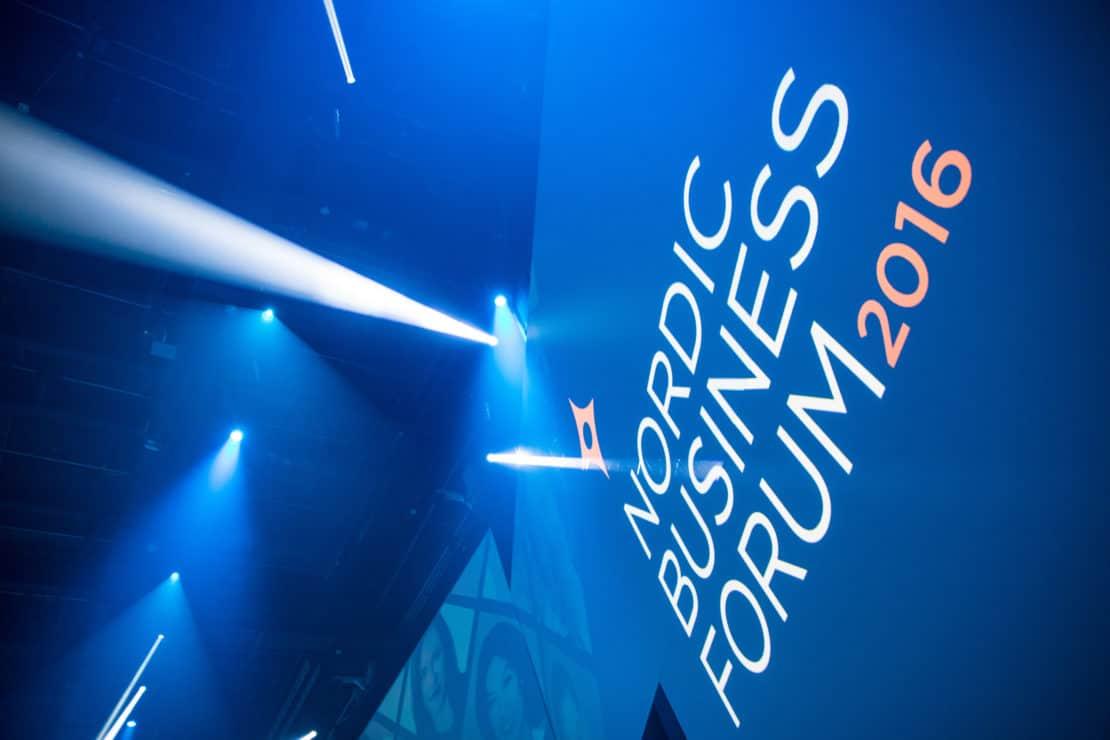6Oct2016
Dick Costolo explains how being ok with mistakes helps your business remain relevant to its customers and employees.
“In the short term – year to year, month to month, it may seem like nothing is changing much in your business line. When these changes hit an inflection point, the landscape can shift overnight.”
As former CEO of Twitter, Dick Costolo is used to challenging his perceptions on a daily basis. The business landscape is full of examples of both successful and poor change management. “The reality is that there’s time – if you are paying attention – to understand how things are changing and how you deal with them within your company. Many small changes will creep up and blindside you if you aren’t on the ball.”
How does a company maintain its ability to move with the times, evaluate change and alter assumptions? “Firstly, it is paramount that companies are ok with making mistakes,” continues Costolo. “Never punish people for making mistakes. It’s not the job of great leaders to punish mistakes – it’s the job of great leaders to correct them once they’ve happened.”
A change in culture, according to Costolo, must come from the top-down. “I have always made it abundantly clear that it is ok to disagree with me. It’s normally quite easy to hear about company successes as CEO, so I give challenge questions more thought and directly engage employees so everyone knows it’s ok to give me bad news. Be out on the floor, be approachable, and talk to people. If all else fails, comedy is a great lubricant for business. Tension and release is a perfect tool for high pressure situations and removes nerves, anger and fear.
“Equally, as a CEO, if you don’t acknowledge your own mistakes, your employees will see through the spin and begin to think you aren’t interested in the truth.”
So how does a bias to yes help business in practical terms? “When organisations grow, barnacles accrue. Whether it’s assumptions about user bases, rigid operating principles or “that’s the way it’s always been done”, freedom to question generally-accepted beliefs will combat stagnation. Ask yourself – why is it taking us so long to do that? 9 times out of 10, the answer is that it’s always been done that way. Operating principles only become dogma when we realise they aren’t true.”
Costolo also urges CEOs to think about ways of enabling change within their companies. “Call out people who are stone-walling those trying to get something done. As long as projects are legal, encourage employees to try new things on a small scale – even if they seem antithetical to your operating principles.” By encouraging ownership of company issues, businesses of all sizes can utilise their greatest assets – their workers – to successfully navigate a path towards success.
@johnathancozzi


